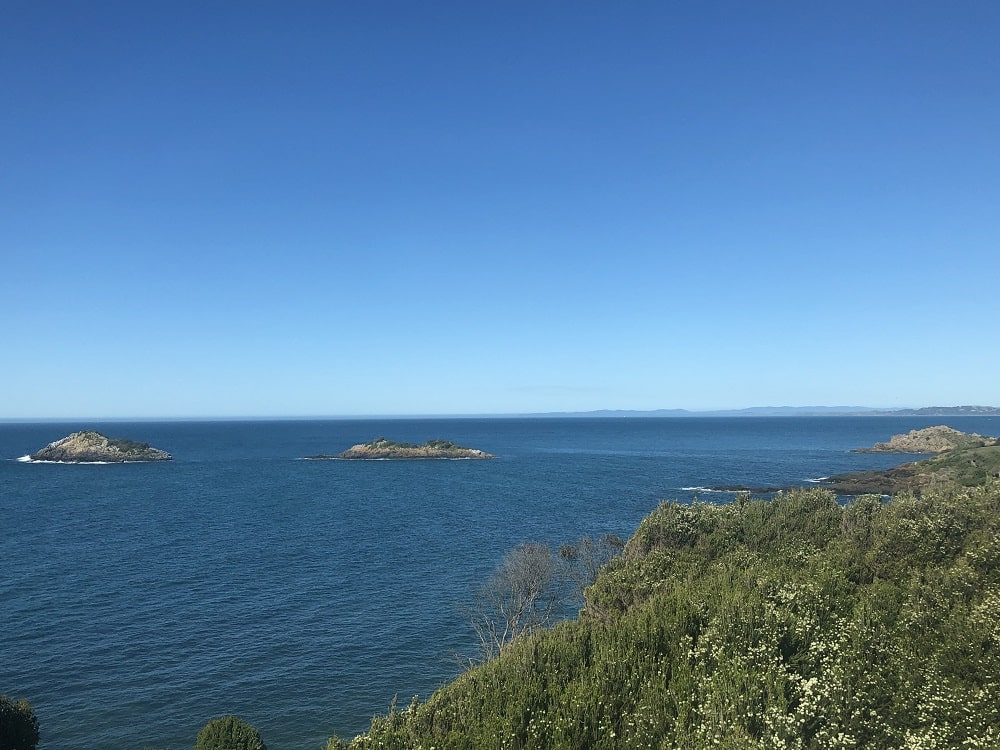
As a content agency specialising in tourism marketing, we work with regional tourism boards, operators and events A LOT (seriously, check out our portfolio).
We truly believe it’s the roads less travelled that provide the most exciting stories to tell. So, it was a no-brainer for us to clear the schedule for the two-day Australian Regional Tourism Convention (ARTC) and learn from the best-in-regional-tourism-class.
For anyone working in this space – from local council, tourism organisations and professionals, to government bodies – ARTC is not to be missed. It’s the perfect forum to listen, learn and discuss the challenges and opportunities for regional areas.
This year’s conference kicked off with master of ceremonies Nigel Collin asking everyone in the room to finish this sentence: “I am the only person in the room who has…”
Sadly, due to Chatham House Rules, I can’t disclose any answers, but what I can share is the key learnings from the conference – perfect for anyone with an interest in tourism marketing.
1. Think inside the box instead of outside the box
“Knowing your constraints frees you to come up with solutions that are possible.”– Nigel Collin, Keynote Speaker.
How many times are we told to think outside the box? Nigel posed two important questions those in tourism marketing rarely have the courage to ask clients:
- Are those ‘outside-the-box’ solutions realistic?
- Should they be implemented?
He suggested that instead we start by looking inside the box.
Imagine the four sides of the box represent budget, resources, location, and infrastructure (these can be exchanged for anything that is a restriction to your business). Once you know what your limitations are, you can find realistic solutions.
For a tourism marketing agency, and many others in the room (based on the discussions over pastries and a cup of tea), this was a true Oprah “aha moment.”
This insight has given us a fresh way to work with clients to determine what the sides of the box look like for them. This will ensure we can deliver something that’s realistic. If you find us asking you to draw a box in our next meeting together, you’ll now know why.
2. Keep an empty chair at the table
“Look through the lens of the customers.” – Nigel Collin, Keynote Speaker.
It’s rumoured Richard Branson keeps an empty chair at the boardroom table, not because someone cancels last minute – but because the chair represents the customer. In Branson’s world, the customer is an equal stakeholder.
In our experience, plenty of brands say they are customer-first, but few actually are.
We’ve observed a correlation that often exists in regional communities – the smaller the destination, region or event, the higher the input of stakeholders. Scarily there’s not just no customer seat at their boardroom table, there’s no customer consideration.
For tourism marketing success, it’s imperative we look to the customer first and ask what are their wants or needs.
What’s the point in working so hard to get customers to your destination, region or event if they can’t find what they are looking for once they get there?
Which brings us to takeaway number three…
3. Staff need to deliver the marketing promise
“A marketer can do a great job getting the customer to the region, but it all comes down to their experience when there.” – John Hart, Australian Chamber – Tourism
John asked questions we’ve often wondered when marketing tourism products across the country. Marketing is great, but do your staff on ground have the skills to deliver our marketing promise?
Do they believe in the brand? Are they passionate about delivering quality service?
If not, you’ve got a big problem and it’s got nothing to do with your marketing.
It’s not rocket science; we all know an exceptional visitor experience = positive word-of-mouth.
Take the host city Devonport for example. I’m sure I’m not alone in putting Devonport on my travel list for 2020 based on my experience from Fundamental Espresso, who remembered my name and coffee order after one day, to Charlotte Jack – a dining experience you’d expect to have in Melbourne, London or New York.
Good food – tick
Good coffee – tick
Exceptional service – tick
4. Look in your own backyard
“Look in your own backyard for your hero product.” – Steve Rosa, Destination Southern Highlands
Ever thought a humble pie could bring an additional one million dollars in visitor economy to a region from one year to the next? Well that’s the reality for Destination Southern Highlands who turned themselves into the Southern Pielands.
While doing a deep-dive to find something to attract travellers during the off season and change their waning visitor perception, they noticed that they had over 60 pie operators in their region.
Voila, an instant USP and one that turned out to be a crust above the rest.
So often in our marketing travels, we ask destinations and businesses to list their unique selling proposition (USP) but they can’t, quelle surprise. This is such a great example how a USP can be invented through a little navel gazing of what’s right under your nose.
5. Accessible Tourism needs to be more than an afterthought
“Ensuring product is ‘accessible ready’ can no longer be an afterthought.” – Giovanna Lever, Sparrowly Group
Have you ever been allocated a disabled room at a hotel? If not, lucky you – they’re ugly, sterile and lack any design elements that would normally leave a lasting impression. Picture a hospital room – you’re close.
With the accessible tourism market making up 25 per cent of all tourism spend in Australia and 10.8 billion travellers annually (that’s more than the Chinese market to give you context), why are we not talking about how to make the product better?
When working on product development with our regional tourism clients, we’ll be following the lead of Accor Hotels who are championing accessibility by creating “smart rooms” – with all the same design elements you’ll find in any other room, only accessible.
6. We can’t keep saying we’re “time poor”
“Focus on high value output.” – Ali Uren, Kiikstart
We’re all guilty of it. We’ve all uttered the words: “I’m busy/I don’t have enough time/I’m time poor,” then next minute you’re so far down the rabbit hole of Instagram you forgot what you were looking at in the first place.
After listening to Ali, we put it to you – are you really time poor, or are you just not focussing on high value output?
Why not swap scrolling for dedicated continued learning. Don’t delete blogs (like these) or other industry articles that pop into your inbox – read them.
7. Flearn – it’s a word
“Flearn = failure + learning.” – Paul Matthews, Visit Victoria
Failure is ok if you learn from it, otherwise it’s just failure.
We all know that failure teaches us more than success ever will, so it’s important we’re prepared for it, given failing is a constant in the changing environment we live in.
If you’re able to learn from the failure and change the process or way of doing something to ensure the same mistake doesn’t happen again – you’ve mastered flearn.
*cue T-shirt printing #flearn*
8. Everyone faces the same challenges
This learning came from what happened outside the conference walls – everyone in tourism faces the same problems.
It was comforting to learn the regional tourism industry faces the similar challenges, whether you’re in Devonport or Dirranbandi, Longford or Longreach.
It was refreshing to meet other marketers who work in this space and are so open for collaboration rather than competition.
After one day exploring the Cradle Coast and two jam-packed days of learning more about regional tourism and meeting other regional tourism champions, I only have one regret. I departed without trying the local specially – scallop pie.
All the more reason to return to Devonport.

By Rochelle Vaisanen
When not climbing mountains on two wheels, Rochelle can be found on the hunt for the best almond croissant around town. A lover of good coffee, food and wine, and with a passion for travel, Rochelle is always on the lookout for new adventures locally and abroad.

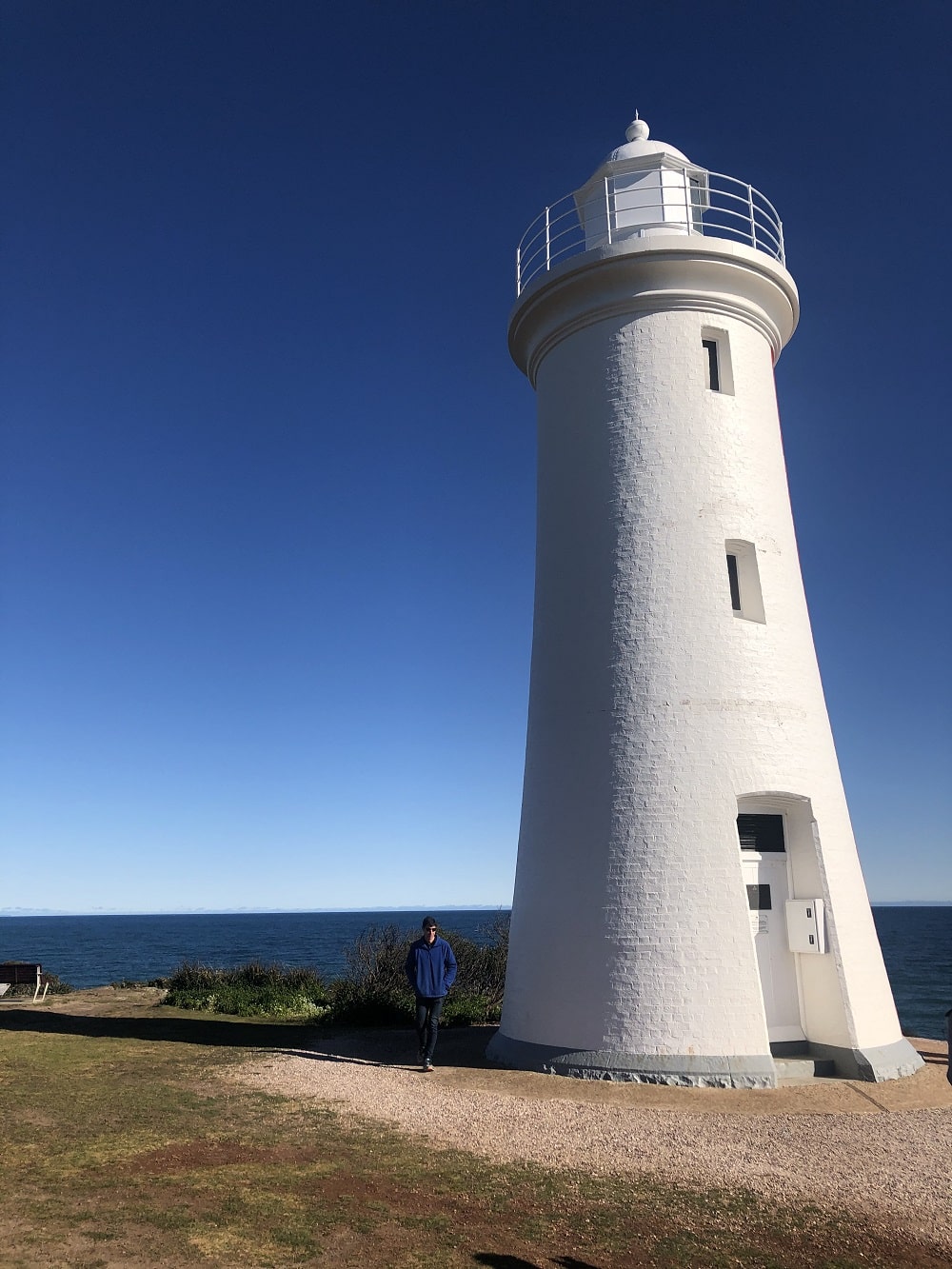
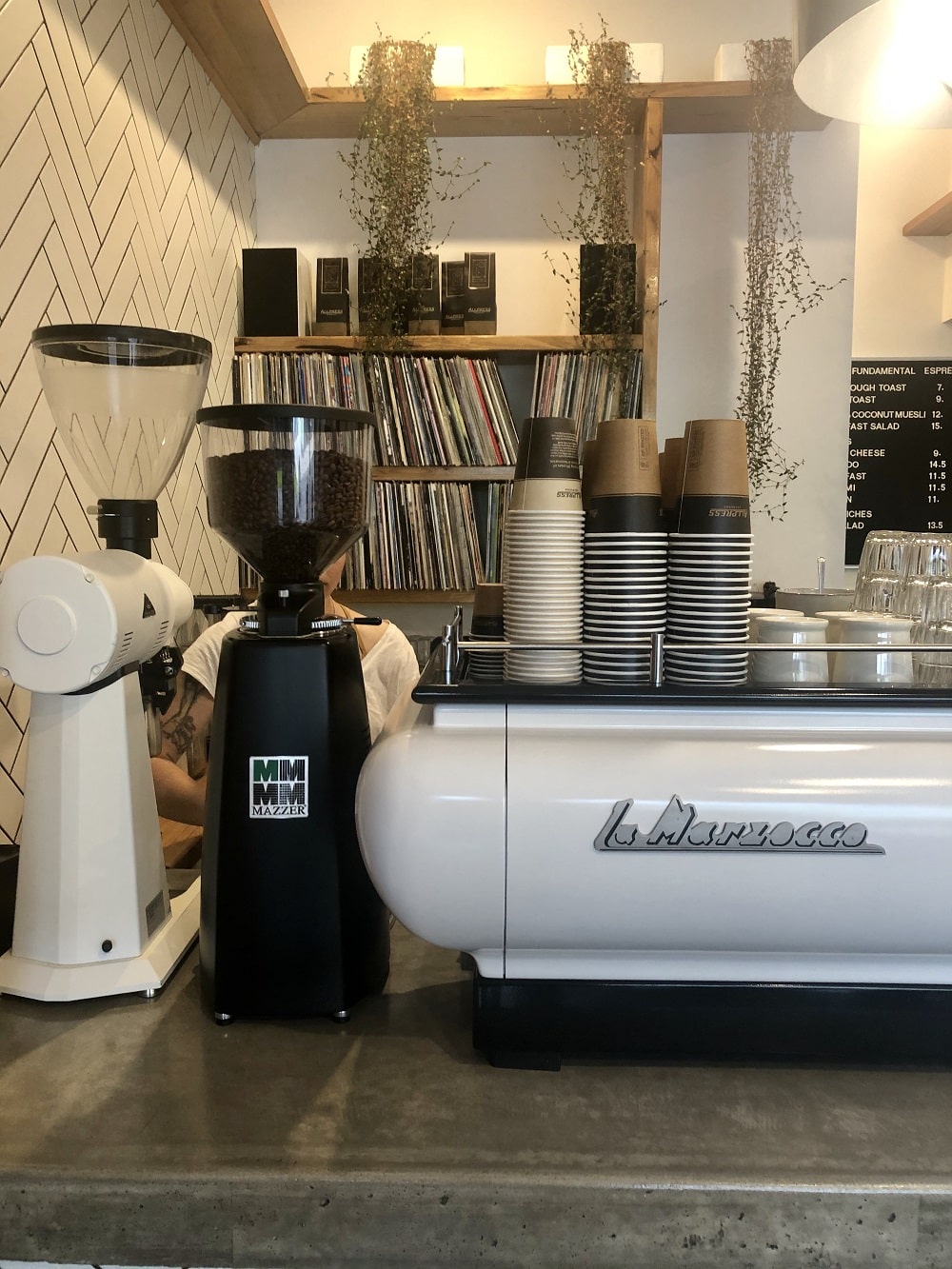
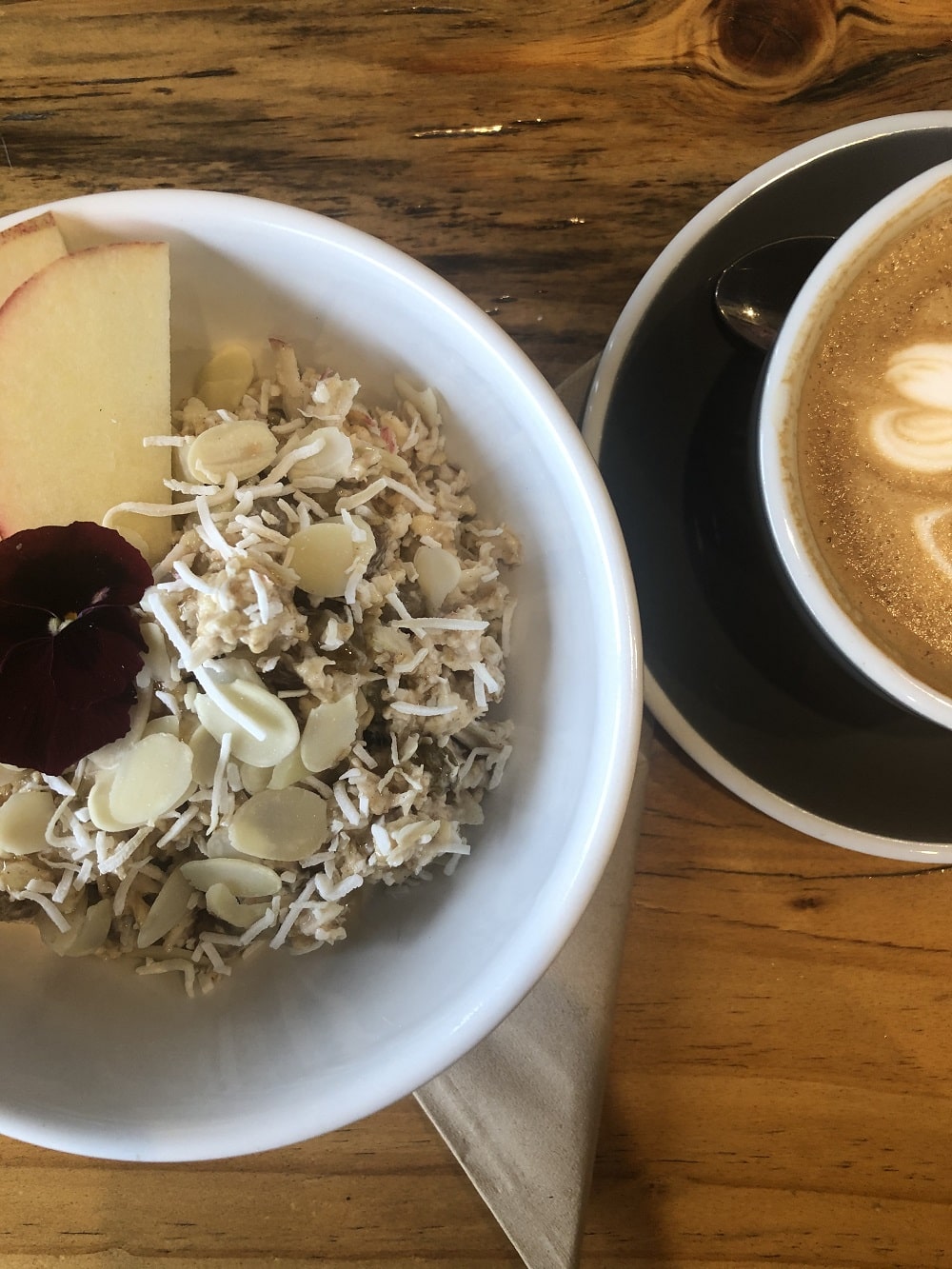
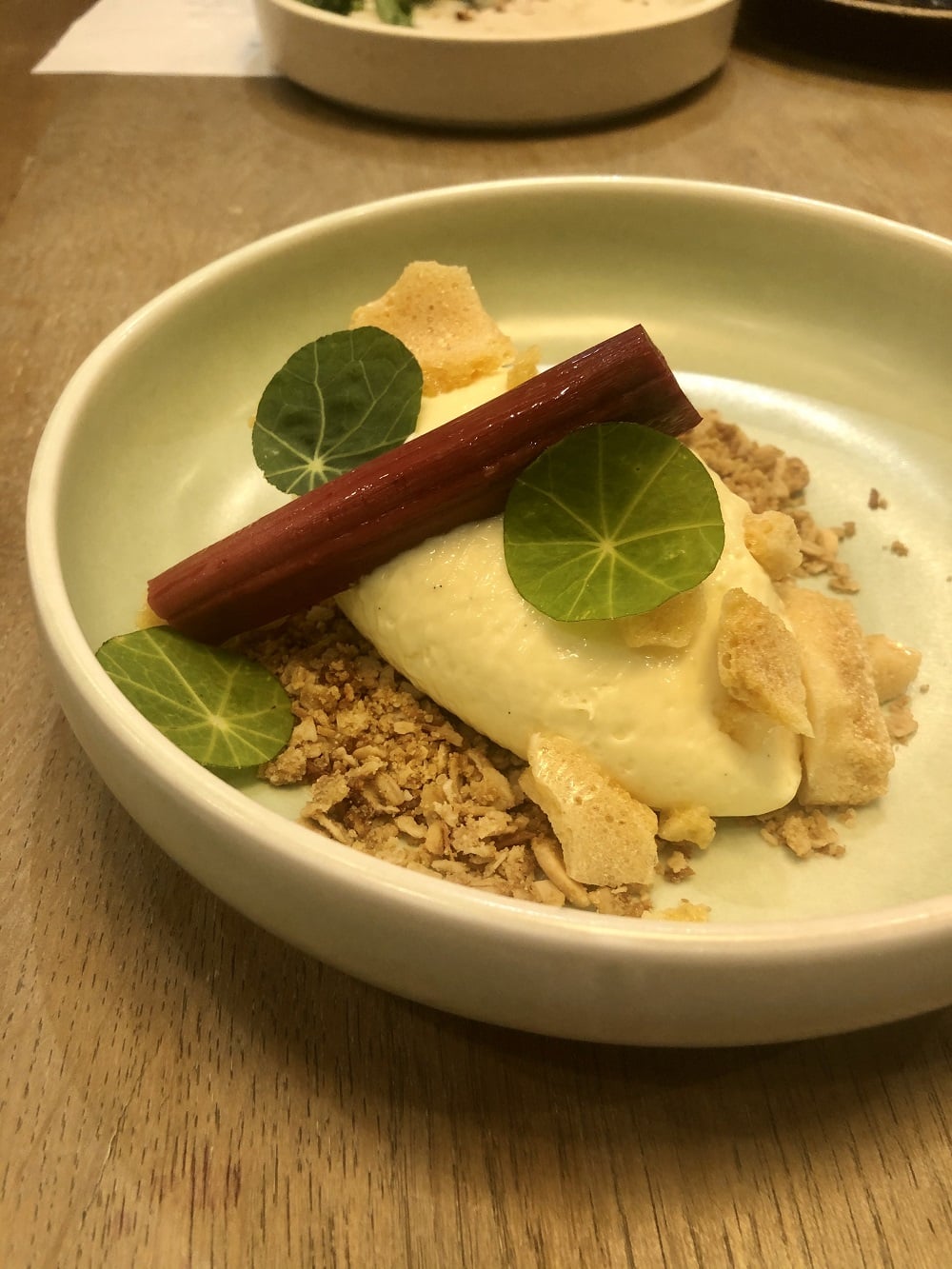
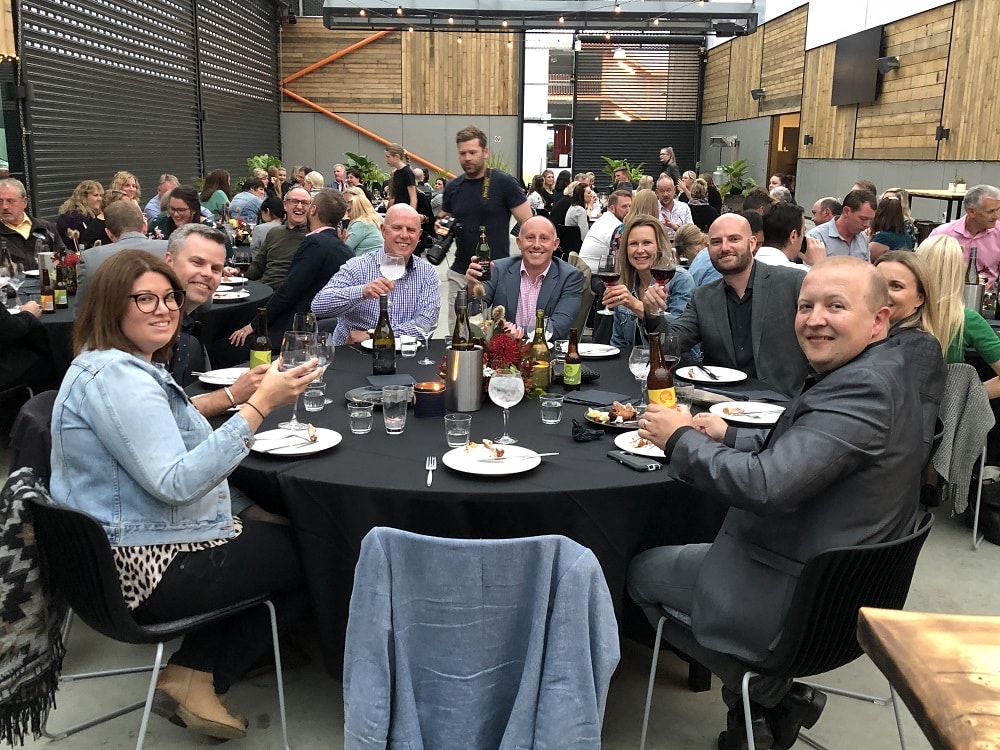
Recent Comments